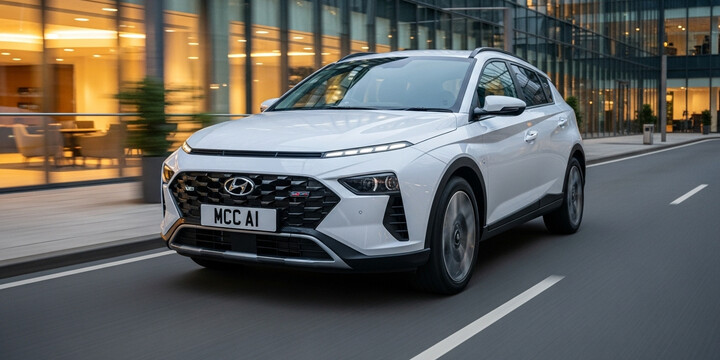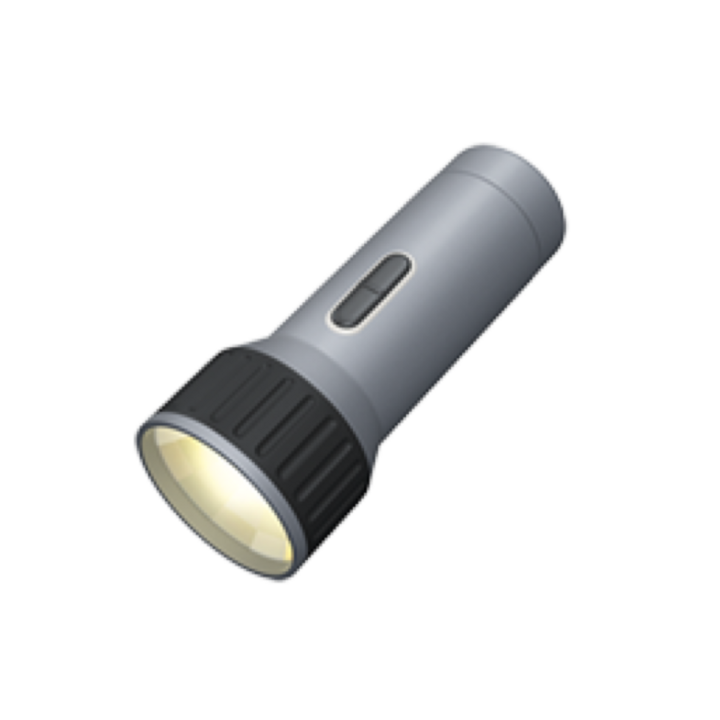HYUNDAI BAYON (2021-24) 5DR SUV 1.0 T-GDI MHEV 100 GPF SS EU6 PREMIUM DCT AUTO7

Buyer's Guide & Data from our Checks
The Hyundai Bayon (2021-24) 5DR SUV 1.0 T-GDI MHEV 100 GPF SS EU6 PREMIUM DCT AUTO7 is a compact SUV designed mainly for urban and family use. Its size and style make it ideal for city driving, offering a higher driving position and versatile interior space that appeals to commuters, small families, and first-time drivers seeking an affordable yet practical vehicle. Its reputation in the UK market is strengthened by its modern design, fuel efficiency, and reliable performance.
Based on mycarcheck.com data, this model has been quite popular, with 380 lookups across 243 different VINs since December 2021. The average recorded mileage is around 18,000 miles, indicating consistent use over its period on the road. The average valuation of £17,500 suggests it remains competitive in the used SUV market, and the vehicle is typically owned by just over a quarter of a previous owner, reflecting its appeal to a broad range of drivers.
What sets the Hyundai Bayon apart in its class is its balance of style, affordability, and efficient technology like hybrid options. It is known for a comfortable driving experience and low running costs, making it an attractive choice compared to rivals like the Kia Stonic or Ford Puma. Its modern features and strong reliability credentials make the Hyundai Bayon (2021-24) 5DR SUV 1.0 T-GDI MHEV 100 GPF SS EU6 PREMIUM DCT AUTO7 a smart option for those looking for a versatile and economical small SUV.
Key Findings
The following statistics are drawn from our checks of 243 different vehicles, run between December 3rd 2021 and December 31st 2025. These real-world insights provide context for this vehicle's place in the market, as well as its typical usage.
380
Lookups
Lookups
9
Hidden Histories
Hidden Histories
42k
Average Mileage
Average Mileage
£17,500
Average Valuation
Average Valuation












